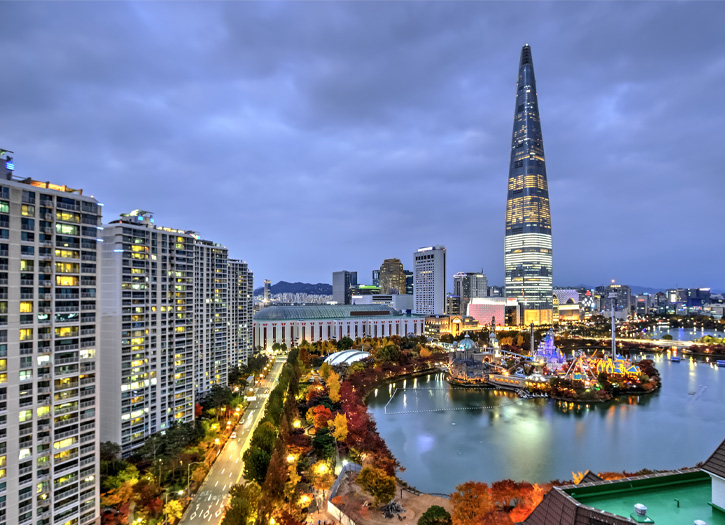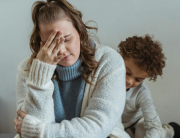The COVID-19 pandemic in South Korea is part of the worldwide pandemic of coronavirus disease 2019 (COVID-19) caused by severe acute respiratory syndrome coronavirus 2 (SARS-CoV-2). On 20 January 2020, the first case in South Korea was announced. The number of confirmed cases increased on 19 February by 20, and on 20 February by 58 or 70, giving a total of 346 confirmed cases on 21 February 2020, according to the Korea Centers for Disease Control and Prevention (KCDC).
South Korea introduced what was considered one of the largest and best-organised epidemic control programs in the world, along with Taiwan, and Vietnam. Various measures have been taken to mass test the population for the virus, and isolate any infected people as well as trace and quarantine those they had contact with, without further lockdown. The rapid and extensive testing undertaken by South Korea has been judged successful in limiting the spread of the outbreak, without using the drastic measure of locking down entire cities.
On 2 March, there were over 4,200 confirmed cases. With an additional 4,000 cases of COVID-19 within two weeks, and roughly 60% of the total infections nationwide having stemmed from the church, the Seoul city government asked prosecutors to press charges against the religious group’s founder and senior members for murder, causing harm, and for violating the Infectious Disease Control and Prevention Act. Interviews have occurred with all 230,000 members of the religious group and nearly 9,000 were said to be showing symptoms of the virus. Due to the number of infections in the country, ninety-five countries have banned or limited entry for South Korean passport holders.
After several days with new infections numbering in the single digits (April 18, 20, 22), the government announced it was going to start lifting restrictions starting with stores, restaurants, gyms, cram schools, bars, and religious services; which is notable as most of the nation’s infections came from places of worship. In coming weeks, arboretums, forests and national parks will begin to open with social distancing still in place until at least early May. After seeing Korea successfully lower cases of infection, President Moon Jae-in has engaged in “coronavirus diplomacy” with leaders of other nations, part of which involved exporting test kits to more than 20 countries.
August 16 saw the highest number of cases (297) since March. The Sarang Jeil Church, led by Reverend Jeon Kwang-hoon, has become a new center of infections. The pastor has been accused of obstructing contact tracing and violating rules regarding self isolation. Thousands of people attended protests in central Seoul on August 15, raising new fears for infections. Reverend Jeon has accused the government of “pour(ing) the virus on the church.” He appeared at the anti-government rallies on August 15, which were attended by over 10,000 people.
Numerous educational institutes have temporarily shut down, including dozens of kindergartens in Daegu and several elementary schools in Seoul. As of 18 February, most universities in South Korea had announced plans to postpone the start of the spring semester. This included 155 universities planning to delay the semester start by two weeks to 16 March, and 22 universities planning to delay the semester start by one week to 9 March. Also, on 23 February 2020, all kindergartens, elementary schools, middle schools, and high schools were announced to delay the semester start from 2 to 9 March.
As of 20 March, a total of 171 countries and territories had issued entry bans or suspended visas for travelers from South Korea. On 16 March, USFK announced that travel restrictions for Cheonan city had been removed due to a decline in COVID-19 cases. Troops and Defense Department personnel residing in Cheonan were told to “contact their command prior to returning to work.” The Blue House announced on 28 February the current status of coronavirus tests in Korea, comparing the testing situation in the United States and Japan. As of 20 March, a total of 171 countries and territories had issued entry bans or suspended visas for travelers from South Korea. On 16 March, USFK announced that travel restrictions for Cheonan city had been removed due to a decline in COVID-19 cases







Add Comment